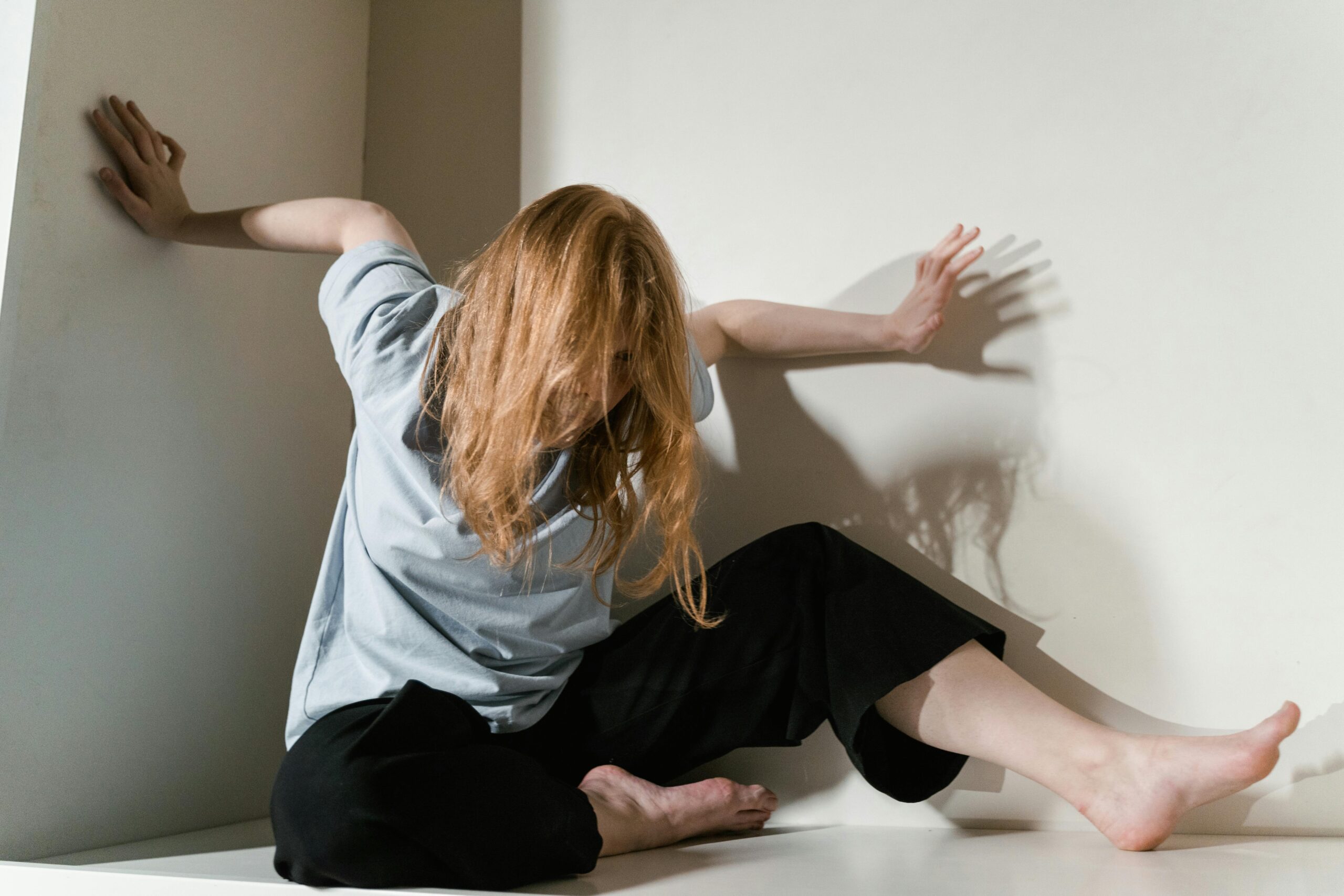How to Recognize the Signs of Cocaine Addiction in a Loved One

Suspecting that your loved one is struggling with substance abuse is not easy. Furthermore, if you suspect they developed a dependence on so-called heavier drugs, cocaine in particular. This can prove challenging, as your loved one might put much effort into hiding their struggles. We at Tranquility Rehab San Fernando Valley Center would like to help you learn to recognize signs of cocaine addiction and provide your loved one with timely and appropriate support.

Understanding Cocaine Addiction: An Overview
Cocaine has an immediate effect that can last anything from several minutes to an hour. Those immediate effects include euphoria (typical reason for use), increased alertness, and talkativeness. Cocaine addiction can rapidly develop as users tend to take cocaine repeatedly to maintain the euphoric effects.
It´s important, however, to acknowledge that cocaine use can have several devastating effects. In the short term, cocaine may induce negative feelings, including anxiety and paranoia. In the long term, it can cause serious damage to the brain. Continued cocaine use disrupts communication between major brain networks. This can make it harder to focus, control impulses, or feel motivated without the drug.
All these negative effects make it essential to recognize the symptoms of cocaine addiction in loved ones. Early recognition means potential for early treatment. It´s a chance to reclaim control over life and prevent the irreversible effects of drug use.
Physical Signs of Cocaine Addiction
Physical signs of cocaine addiction might be the easiest to spot but can also be easily overlooked or misinterpreted. Typical physical effects and signs of cocaine use include:
- Dilated pupils
- Constricted blood vessels.
- Increased body temperature.
- Elevated heart rate.
- High blood pressure.
- Increased energy and talkativeness.
- Loss of appetite and weight loss.
- Nose bleeds.
- Frequent sniffing.
- Difficulty sleeping.
What makes it difficult to conclude these symptoms imply cocaine use is the fact that many can be signs of other medical conditions, including a cold. Instead of making hasty assumptions, it’s important to monitor other indications of cocaine addiction. Still, don´t ignore these signals, as chronic cocaine use may lead to one of these cardiovascular problems:
- Blood clots leading to heart attack, pulmonary embolism, stroke, and deep vein thrombosis
- Angina, or chest pain from tightening of the vessels
- Myocardial infarction, or the death of heart muscle from lack of oxygen related to poor blood flow
- Permanently increased blood pressure
- Tachycardia
- Arrhythmia, or irregular heart rate

Behavioral Changes to Watch For
Behavioral signs of cocaine addiction are also pretty easy to spot, but the same behavioral changes take place regardless of which substance your loved one is using. Here is how to tell if someone is using cocaine (or other drugs):
- They become secretive and defensive. They might be hiding what they’re doing or who they’re meeting with.
- They are likely to experience financial problems or start borrowing money. They might find themselves in debt or financial constraints. I
- They can start neglecting responsibilities, whether missing school, not completing work tasks, or even neglecting responsibilities towards their children and friends.
As with physical signs of cocaine addiction, you need to be careful about drawing conclusions about behavioral signs of drug abuse. Your loved one might be experiencing these issues for an entirely different reason. This is why it’s important to monitor other signs of cocaine use as well.
Emotional and Psychological Red Flags
The emotional effect of euphoria is the typical reason people reach out for cocaine. However, they neglect the fact that there are several negative emotional effects. These effects can be your signs of drug use and can be your signal to seek professional help.
People abusing cocaine are likely to experience mood swings, become irritable, or even aggressive. Many maladaptive behaviors can result from these emotional states, making them a danger to themselves and others. Both short-term and long-term, cocaine users tend to experience anxiety and paranoia. The latter is especially dangerous and can significantly impair their behavior.
Indirect Signs to Pay Attention To
In addition to these direct signs of cocaine addiction, there are several indirect signs to pay attention to:
- Drug paraphernalia (e.g., rolled-up bills, razor blades, small plastic bags).
- Unusual smells, such as chemical odors.
- Frequent complaints of health issues, like headaches or chest pain.
As is the case with all the other potential signs of cocaine addiction, indirect signs do not necessarily point out addiction issues. However, noticing them in conjunction with others is kind of one.

What to Do If You Suspect Cocaine Addiction
Once you’re certain you have identified signs of struggle with cocaine in your loved one, take some actionable steps to approach them and offer your support:
- Be sure to educate yourself about addiction. This will not only help you recognize the signs of it but also react to unpredictable situations, such as withdrawal or overdose.
- Talk to your loved one. Choose a calm and private time and space to discuss the changes you’ve noticed. Be open and nonjudgmental when expressing your concern.
Encourage them to seek professional help. While there´s no pharmacological treatment for cocaine addiction, some medicines prescribed by licensed professionals can offer relief during cocaine withdrawal Los Angeles. Furthermore, cognitive-behavioral therapy efficiently addresses substance use disorders.
Seeking Professional Help: Next Steps
The role of professional centers in treating addiction is irreplaceable. Facilities like Tranquility Drug Detox Center Los Angeles can provide 24/7 monitoring and assistance, reducing the risk of relapse or accidental overdose. Following detox, we give you access to many resources, like psychotherapy and support groups.
The role of professional organizations is especially important if your loved one needs a dual diagnosis treatment Los Angeles. Dual diagnosis implies co-occurring mental health problems and substance abuse issues. This is a complex condition that requires a holistic approach and different levels of care, including family therapy in addiction treatment. This is one more way to support your loved one in their recovery.
Don’t Wait to Make a Difference
Don’t let your loved ones struggle with the negative effects of cocaine use. They deserve a better, drug-free life, and you can help them have it. Reach out to trusted addiction treatment centers for guidance. Call Tranquility Recovery Center and let us support you in the noble quest of ensuring compassionate addiction treatment for your loved one.
You Have Questions
We Have Answers
At Tranquility Recovery Center, we offer treatment for a wide range of addictions, including alcohol, opioids, prescription drugs, and illicit substances. Our team tailors each program to meet individual needs, focusing on both the physical and emotional aspects of recovery.
At Tranquility Recovery Center, we offer treatment for a wide range of addictions, including alcohol, opioids, prescription drugs, and illicit substances. Our team tailors each program to meet individual needs, focusing on both the physical and emotional aspects of recovery.
At Tranquility Recovery Center, we offer treatment for a wide range of addictions, including alcohol, opioids, prescription drugs, and illicit substances. Our team tailors each program to meet individual needs, focusing on both the physical and emotional aspects of recovery.